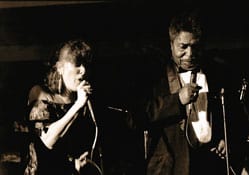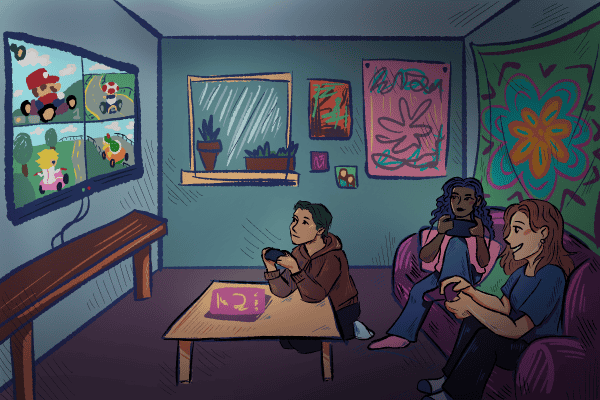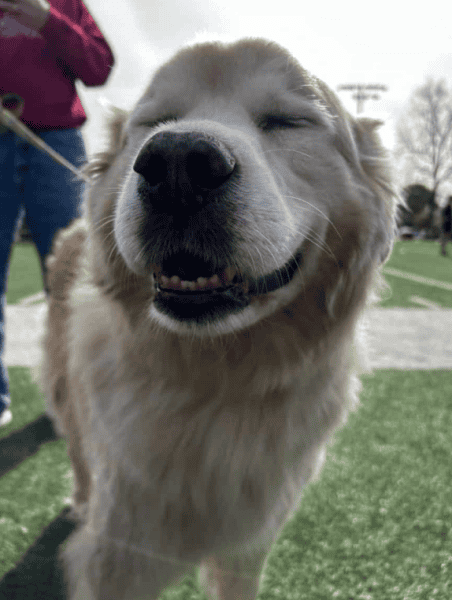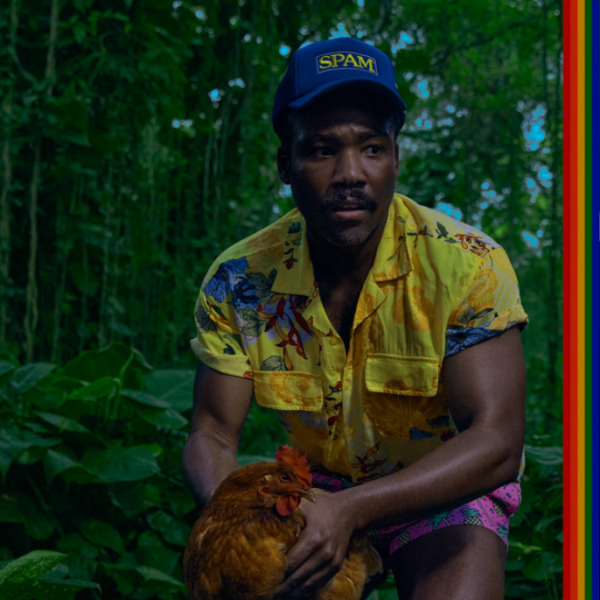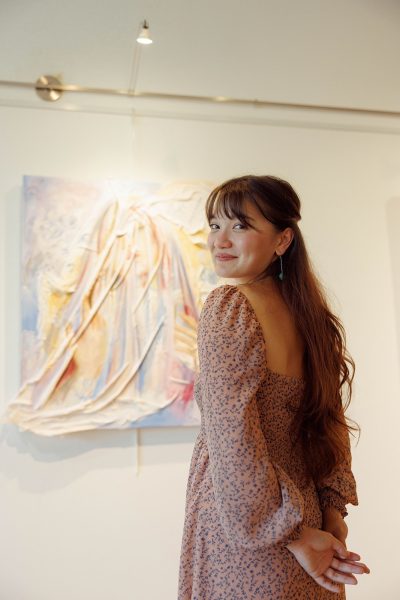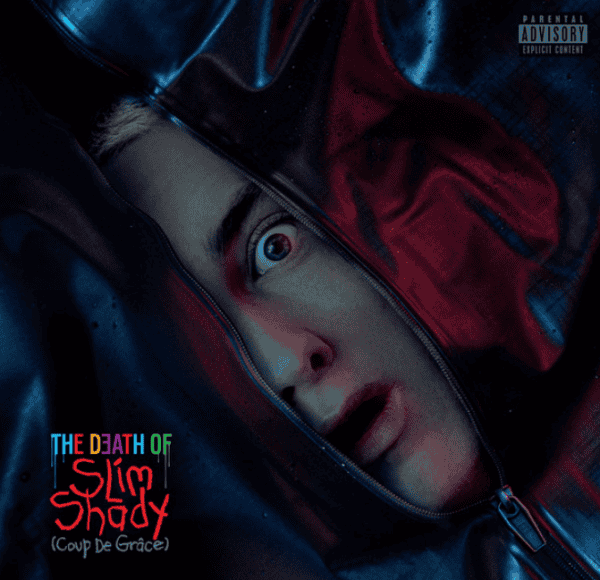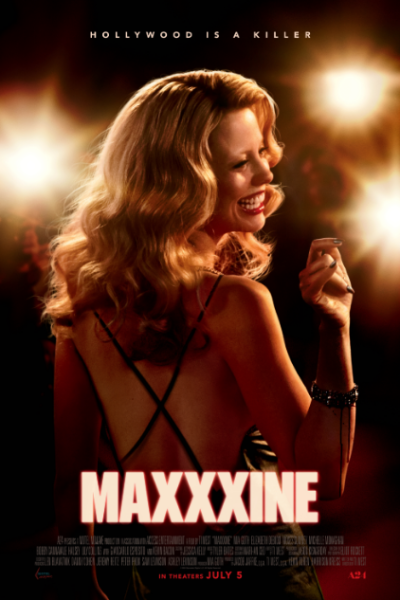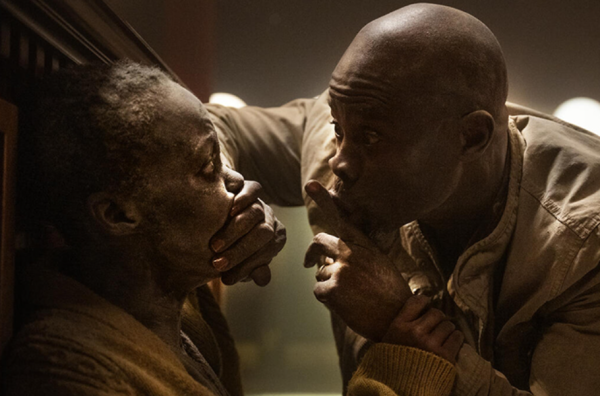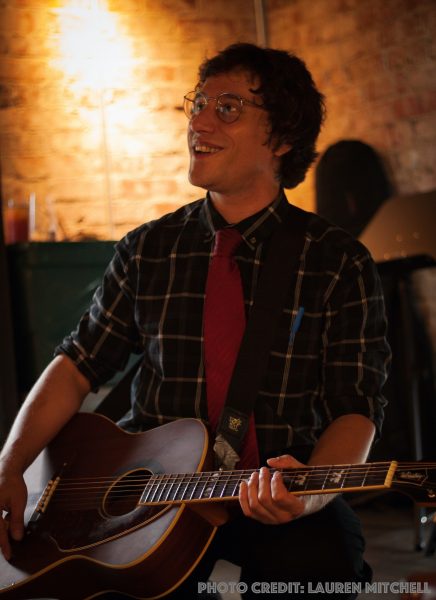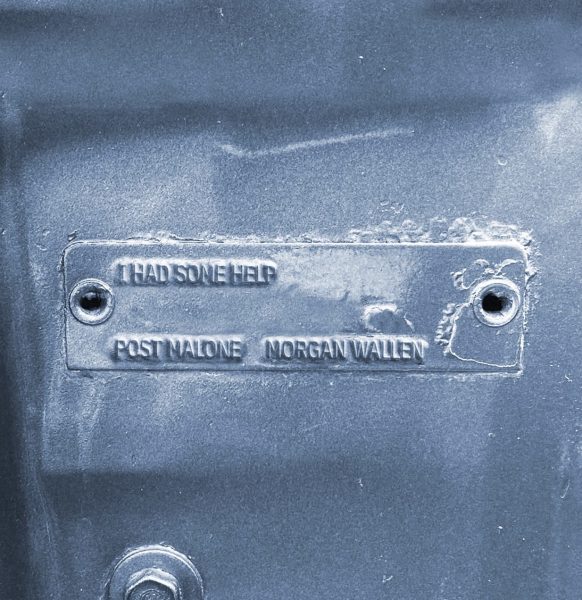Local musicians struggle as stages stay closed
September 16, 2020
Debbie Bond, a prominent local musician, was working on her upcoming blues album and preparing for a tour across Europe when the spotlights in music venues across the world went dark.
“It was pretty much like a light switch going off,” Bond said.
Jazz guitarist John Holoway received a flurry of emails postponing all of his upcoming gigs from March to November. His band, The Voodoo Saints, had played in Montgomery only a week before.
“Everything changed just like a snap,” said Holoway.
Carroline Shines, performer and the daughter of the legendary blues guitarist Johnny Shines, was playing six or seven gigs per week in Tuscaloosa and nationally before the pandemic. She had no choice but to quit touring when venues closed.
“It came to a standstill, a halt,” Shines said.
Tuscaloosa musicians were introduced to a bleak “new normal” last March when the pandemic began. Halfway through September, they’re still trying to adjust.
Bond has continued work on her album remotely from her home studio in town. She transferred a preexisting grant from the Alabama State Council on the Arts to fund the project.
“It’s taken months to do what would normally take a couple weeks,” Bond said.
Early on, Holoway and The Voodoo Saints fought for 301 Bistro to stay open by selling their CDs as a fundraiser. The band played every week at the local restaurant’s Sunday Jazz Brunches, but 301 Bistro ultimately closed in May.
“There is a great deal of uncertainty in the future of the restaurant business,” 301’s owner said in a public closure announcement.
Holoway has been focusing on teaching guitar lessons since shows are postponed indefinitely. He has been able to transition his in-person lessons to an online format and has retained the majority of his students in the process.
“That’s definitely been a saving grace,” Holoway said.
Shines hasn’t received any support from the government or nonprofit foundations despite being a full-time performer. She has only been able to make a profit from one live streamed performance since the pandemic began.
“We’re just trying to keep our heads afloat. We’re basically at the end. Truly at the end. We need help. There’s no doubt about it,” Shines said.
Bond, Holoway and Shines are all anxious to get back to performing live. It is still uncertain, though, when venues and bars will be able to host musicians again, and which establishments will be able to stay open in the interim.
Cliff Clark, owner of 1831 and Roxy’s, two Tuscaloosa bars that hosted local musicians before the pandemic began, estimates that his revenue has been cut in half since March. He attributes this to the 11 p.m. closure and 50% capacity mandates placed on bars statewide.
“I think it’ll be well into 2021 before bars have got some reserves back up and feel comfortable running the bands and spending the extra money it takes for the bands,” Clark said.
Chad Smith, owner of The Alcove, felt similarly unsure about the future of live music at his establishment.
“The bands aren’t going to be able to play just for the door money because there’s not enough people allowed to even go,” Smith said in reference to the 50% capacity guideline.
Smith emphasized that the citywide shutdown of bars from Aug. 24 to Sept. 8 further undermined many local venues’ profits. Smith and The Alcove have been vocal advocates for a $400,000 bar relief bill that passed through Tuscaloosa’s City Council on Tuesday.
The bill’s $400,000 budget accounts for local bars’ loss in revenue during the two week shutdown, but it is still unclear how the funds will be distributed between Tuscaloosa’s 29 bars. Smith said his funding application stated that relief would be distributed on a first-come, first-served basis.
Bo Hicks also runs a local bar, but he’s more optimistic about the future of live music. Hicks, the owner of Druid City Brewing Company, played in Tuscaloosa bands throughout the 2000s. Though he admits the pandemic has affected his business’ bottom line, he is still committed to supporting local musicians. Hicks and Druid City Brewing Company hosted a series of live streaming events called “Quarantunes” to promote Alabama artists early in the pandemic. Hicks plans to reopen shows at Druid City Brewing once case numbers are down and he and his staff feel that they can host shows safely.
“Hopefully it’ll add fire,” Hicks said. “Let’s make more bands. Let’s have more fun.”
One local restaurant has organized performances during much of the pandemic. The Lookout Rooftop Bar at Hotel Indigo resumed its Thursday night live music on June 5. The upscale restaurant has live performance costs built into its yearly budget. Tina Jones, the director of sales and catering at Hotel Indigo, estimates they have seen a 15-20 percent increase in the number of artists applying to perform.
Shines predicts a similar increase in competition for gigs once more music venues are able to reopen.
“Everybody’s gonna be trying to get in on the same gigs, truly and seriously,” Shines said. “When places reopen, people are gonna bombard the venues, the bars, the festival scenes because they’ve been out of it so long. It’s gonna be first come, first serve.”
Even so, Shines can’t wait to perform anywhere and everywhere again.
“Every show is new life, like giving birth to a baby,” Shines said. “That’s exactly what it is. It keeps me mentally stable.”
Bond echoed Shines’ sentiments and emphasized that live and recorded music will continue to be essential during this global crisis.
“Music is healing, Bond said. “Music connects us. Music is a universal language. It’s the thing that shows us we actually have more in common than we are different. If there’s anything we need right now in this culture, it’s to remember that. Heart and soul, that’s who we are ultimately as human beings.”

